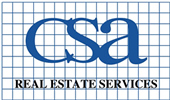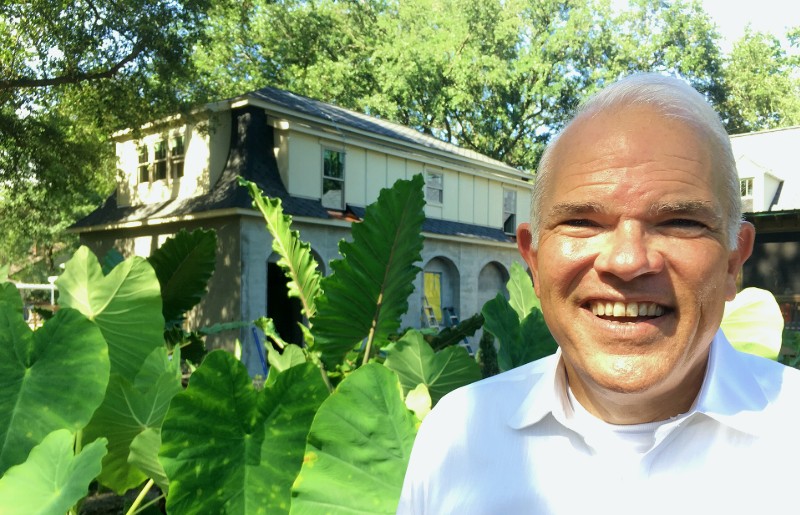Title: Interview with Charles Smith, July 7, 2018
Interviewer: Greene, Harlan
Interviewee: Smith, Charles
Description: Charles W. Smith discusses growing up, his adult professional life as a city planner and realtor, his personal life and his work as an activist for LGBTQ rights. His family lived in Orangeburg, Beaufort, Florence and Charleston and he was educated at the College of Charleston and Clemson University, moving to Miami in 1984. His early family life was overshadowed by the illness and death of an older brother. Realizing he was gay, he avoided being bullied in school by staying closeted. In 1987 in Miami Beach, FL, he met Carlos Guillermo Rodriguez. Soon after, Smith told his family he was gay and Rodriguez tested HIV positive. He wanted Smith to leave him, but Smith refused; their families in South Carolina and Colombia, South America accepted them. Trinity Episcopal Cathedral in Miami, with which Smith was affiliated as a senior warden, was also accepting and affirming. After his lover’s death in 1995, Smith, who had run for political office, but lost, moved to Charleston, SC in 1996, finding a changed city, which he attributes to Mayor Joseph P. Riley, Jr. We Are Family, a youth-oriented LGBTQ organization had been founded by Thomas Myers and Smith stayed, founding a real estate firm catering to LGBTQ clients. There were a number of bars in town he remembers frequenting; he affiliated with St. Stephen’s Episcopal Church, a historically African American congregation opened up to white congregants, many of whom were LGBTQ. Smith and others, mostly non natives, such as Linda Ketner, Jim and Warren Redman-Gress, Carolyn Kirk, Lynne Moldenhauer and Linda G. William, helped found Alliance for Full Acceptance (AFFA). They publicly confronted a newspaper ad attacking LGBTQ people. This, Smith believes, began the process of removing shame and empowering the LGBTQ community. Smith also describes the “thousand year rainfall event” of 2015 and his marriage to Rob Suli that year, in a Columbia, SC hospital to ensure their rights were respected in the arena of health care. He notes the importance of the internet to LGBTQ people in finding community. He mentions Lowcountry Gay and Lesbian Alliance (LGLA), the lives of Jay Edgar Hoover and Clyde Tolson in Miami, and two gay men, who wintered in Charleston, SC. They, according to Smith, participated in the gay purges of US State Department employees in the 1940s and ‘50s. He also mentions the ownership of gay bars in Charleston, SC and the conflict over LGBTQ rights that has split the local Episcopal Diocese.
Collection Title: LGBTQ Life in the Lowcountry Oral Histories
Contributing Institution: College of Charleston Libraries
Copyright © College of Charleston Libraries. All rights reserved.

